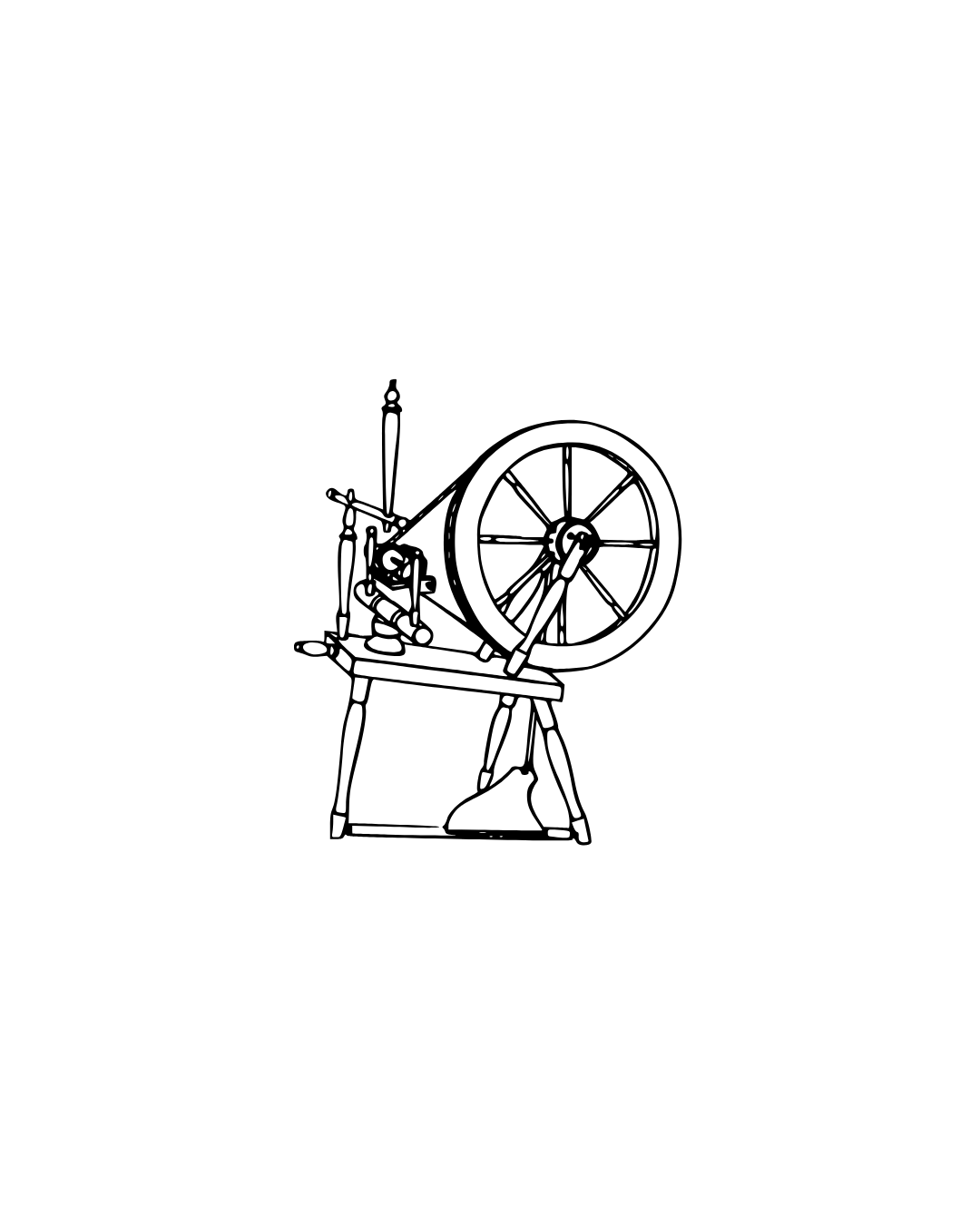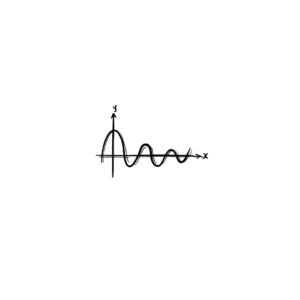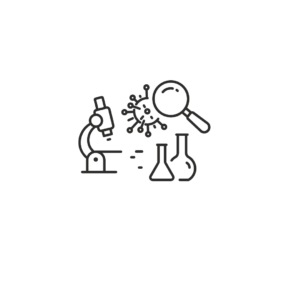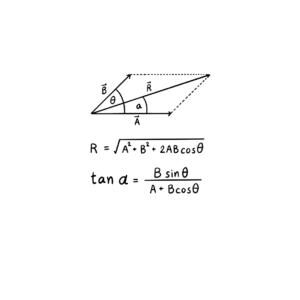Description
A Master of Science (M.Sc) in Textile Designing is a specialized graduate program that focuses on the design, production, and technology of textiles and fabrics. This program combines artistic creativity with technical skills, preparing students for careers in fashion, home textiles, and industrial textile applications. Below is an overview of the program, including core components, skills developed, and potential career paths.
Program Overview
Duration: Typically lasts 1 to 2 years, depending on whether students are enrolled full-time or part-time.
Mode: Available in full-time, part-time, and online formats, depending on the institution.
Eligibility: Generally requires a bachelor?s degree in textile design, fashion design, or a related field. A portfolio showcasing your design work may also be required.
Core Curriculum
The curriculum for an M.Sc in Textile Designing usually includes core courses, electives, and a final project or thesis. Common subjects studied may include:
Textile Science: Exploration of fiber types, properties, dyeing, printing, finishing processes, and the science of textile materials.
Textile Design Techniques: Study of various design methodologies, including surface design, patterns, and texture creation.
Weaving and Knitting Technology: Understanding the processes and technologies involved in weaving and knitting fabrics, including loom technologies.
Sustainable Textile Practices: Examination of sustainable materials, eco-friendly production methods, and the impact of textiles on the environment.
Fashion Textile Trend Analysis: Study of current and future trends in the textile and fashion industries, including market research and consumer behavior.
Digital Textile Design: Utilizing computer-aided design (CAD) software for designing fabrics, patterns, and textile layouts.
Textile Product Development: Emphasis on the process of developing new textile products, from concept to production.
Skills Developed
Design Creativity: Enhancing artistic skills and creativity in fabric design and pattern making.
Technical Proficiency: Mastery of design software and textile production techniques, including CAD and textile processing.
Research Skills: Ability to conduct market research and trend analysis to inform design choices and product development.
Communication Skills: Developing effective communication skills for presenting ideas and collaborating with diverse teams in the textile industry.
Project Management: Understanding project management principles to oversee the production of textile products from conception to realization.
Career Opportunities
Graduates with an M.Sc in Textile Designing can pursue various career paths, including:
Textile Designer: Creating innovative fabric designs and patterns for the fashion industry, home textiles, or technical textiles.
Fashion Designer: Working within the fashion industry to design clothing collections that incorporate unique textiles and prints.
Textile Technologist: Focusing on the technical aspects of textile production, testing materials, and ensuring product quality.
Product Developer: Leading the development of new textile products, collaborating with manufacturers and suppliers to bring designs to market.
Quality Control Specialist: Ensuring that textile products meet industry standards and client specifications in terms of quality and performance.
Sustainability Consultant: Advising companies on sustainable textile practices, eco-friendly materials, and production methods.
Benefits of Pursuing an M.Sc in Textile Designing
Growing Industry: The textile and fashion industries are continually evolving, with increasing demand for innovative and sustainable textiles.
Interdisciplinary Knowledge: The program often blends art, design, technology, and business, providing a well-rounded education.
Hands-On Experience: Programs usually involve practical studio work and projects, enabling students to apply their knowledge in real-world contexts.
Additional Considerations
When considering an M.Sc in Textile Designing:
Accreditation: Ensure the program is accredited and recognized within the textile and fashion industries.
Portfolio Development: Focus on creating and maintaining an impressive portfolio of your designs and projects to showcase to potential employers.
Networking Opportunities: Investigate programs that offer industry connections, internships, and workshops with professionals in the textile field.
If you have specific questions about the M.Sc in Textile Designing, its courses, or potential career paths, feel free to ask!









